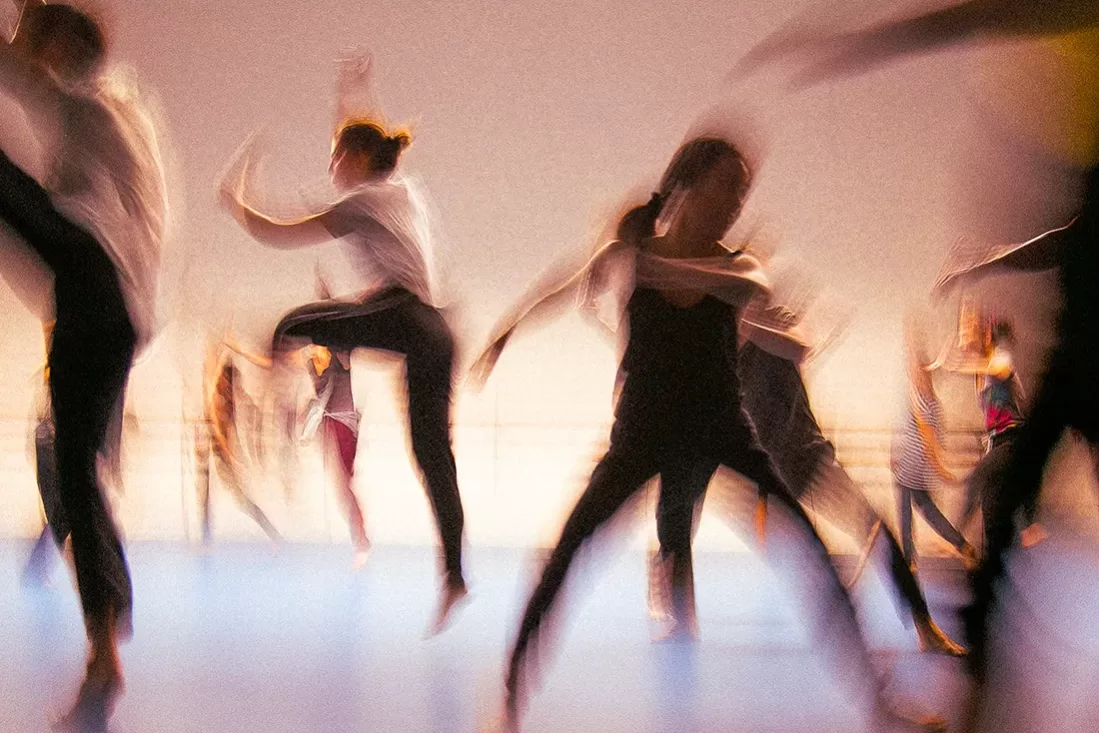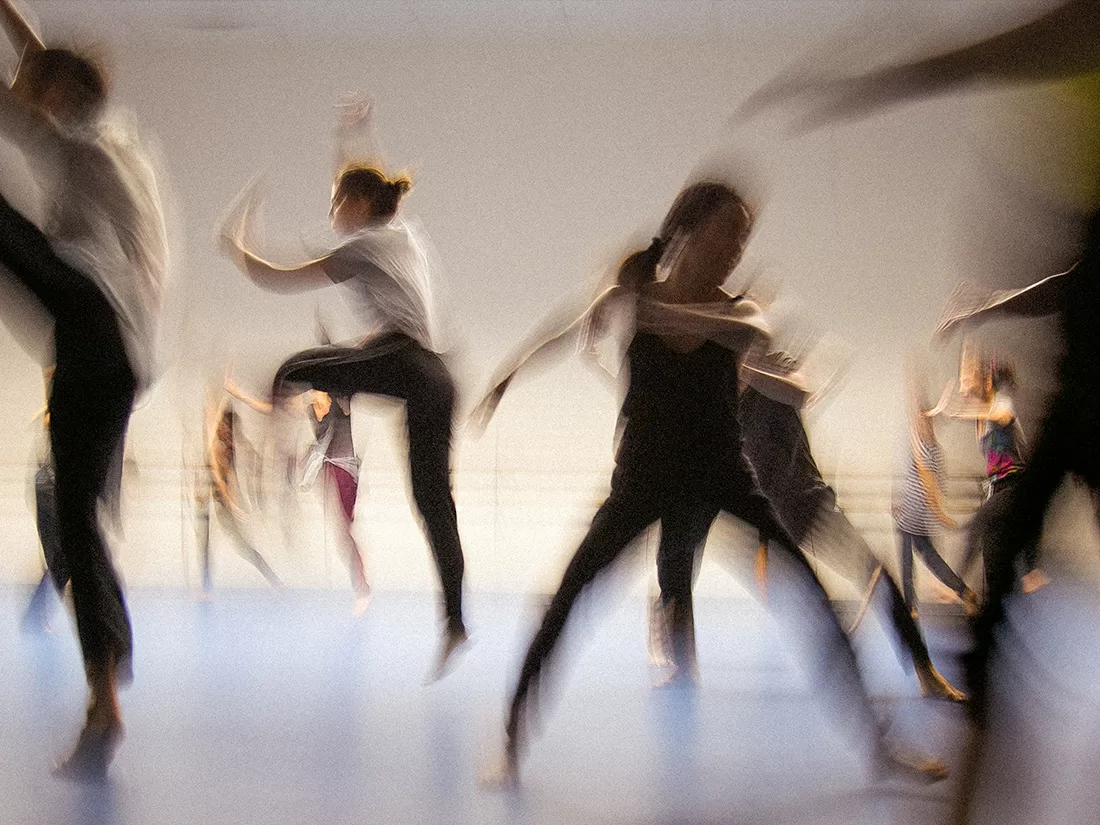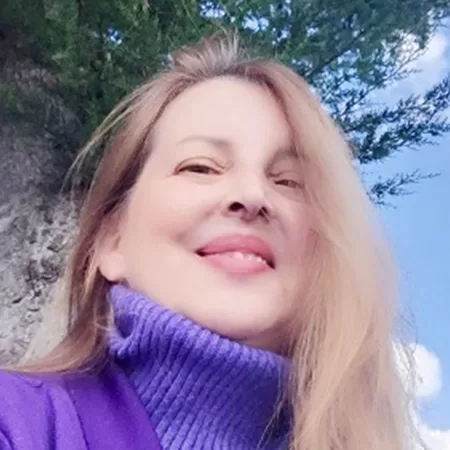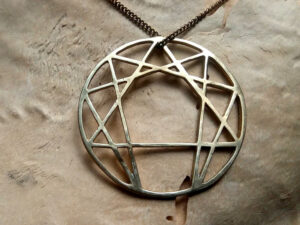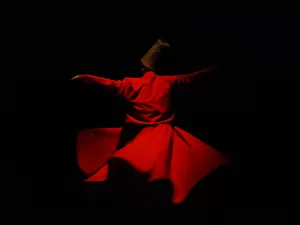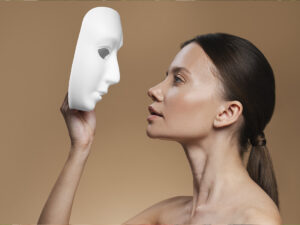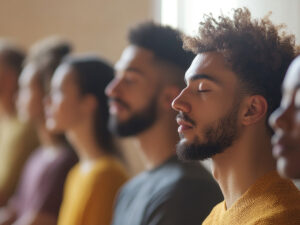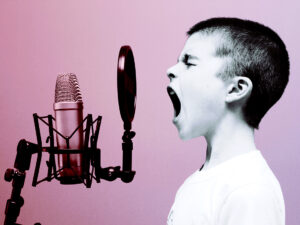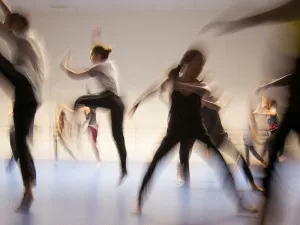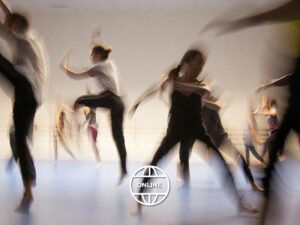2ND YEAR STUDY PLAN
COUNCELING METAPHISICAL DANCE II
Division process: sub-personalities inherent to the third chakra: bright image and shadow side
The Compensations: Pleasing – Caring – Rebelling – Withdrawing
Mental Body
The meaning of LET IT BE SO
Respect oneself
Trust and Distrust
Introduction to the 5th chakra
Responsibility
Beliefs
Family constellations
Counselling theory (Rogers, Rollo May, Metaphysical Dance)
The art of relating in helping relationships: active communication and conducting meditations, Metaphysical Dance workshops
Empathy: involvement and distance, active listening from the heart
The communicative relationship is a working tool: creating trust, acceptance, ease and understanding
Conducting an active meditation class and/or a Metaphysical Dance session
Conduction of the heart: listening and seeing from the heart.
Pair workshop
Setting (space, tools, reception…)
‘One-to-one’ counselling: workshop for counsellor-client pairs in Metaphysical Dance (objective: to help the client draw up a list of beliefs for and against a theme; each couple interprets, exchanging the roles of both the counsellor and the client)
Planning and conducting a seminar in pairs on the 4th chakra, the spiritual heart
ACTIVE MEDITATION II
Meditation to welcome and tool for psychic transformation
The active meditation techniques of Osho and Deepti Canfora
Meditations on the 4th chakra, the spiritual heart
The influence of the body’s memory on the mind and the mind’s memory on the body
Movement workshops to enter the stillness of meditation
From the head to the heart: get out of the ‘blender’ of the mind, recover the sensitivity and vitality of the body, allow it and express it
PEDAGOGY II
The dimension of human education
Bruner and activism
Vygotsky and Constructivism
Freire and critical pedagogy
Morin and complexity
Elisa Fraulenfelder and bio-educational sciences
The problem with the installation
Pedagogical needs today and inclusive teaching
DEVELOPMENTAL PSYCHOLOGY
The developmental psychology course takes place in a single year, summarizes the pedagogy course, and constitutes its integration and reference for further study.
Historical and scholastic notes
Piaget and genetic epistemology
Bowlby and the theory of attack and MOI
Premack and Woodruff and the theory of mind
Arnold and the theory of emotional evaluation
Erikson and the theory of psychosocial development
Illich and the deschooling of society
Integrative themes: brain, mind and relationships; emotions and feelings; cognitive styles and multiple intelligences theory; perceptual development and memory; perceive oneself, perceive the other; social development and personality
PSYCHOLOGY I – Systemic relationships with Metaphysical Dance
The psychology course, in its autonomy of contents, is developed in two years and two exams also in research and comparison on the experiences of the contents of the counselling courses in Metaphysical Dance and Active Communication.
Historical development: from philosophy to psychology, a journey from Plato to Locke
Scientific psychology: Wilhelm Maximilian Wundt and experimental psychology, Franz Brentano and the psychology of intentionality
Wilhelm Maximilian Wundt and Franz Brentano: experimental psychology and the psychology of intentionality
Sigmund Freud, Alfred Adler, Carl Gustav Jung: birth and transformations of depth psychology
Jung and the active imagination
THEATRE-DANCE
Opposites in movement
Form: state of the body, condition of the spirit, the search for balance
Imitation and opposition techniques
Gesture Analysis Laboratory
Experiment with the qualitative difference between parcel movement and total movement
Improvisation through imitation and opposition with body and voice –
Action and reaction through use of voice and body: improvisation of group
Action and response
Volumes and spaces
Work on time
ACTIVE COMMUNICATION IN LEADING GROUPS AND HELPING RELATIONSHIPS
Sensory channels
The five senses, the different modes of communication transmission and reception. Sensory channels and VAS model (Visual Auditory Kinesthetic).
Memory, sensation and perception between physiology, biology, psychology, subtle anatomy, metaphysics and alchemy.
NLP – neuro linguistic programming
Perceptual differences, map and mental representation of reality.
Exercises
Lexical registers: monosensory versus multisensory in the helping relationship
Sensory channel testing and experiential laboratory with morphic resonance
Mentalise the experience
Mentalise the theoretical experience and exercises. Test on concepts and words used by Metaphysical Dance
Mentalising as a pedagogical cure for understanding the experience and as a process of evolutionary existential learning (beyond the ex temporaneousness of the moment)
Sensitise the body; embody the experience in the mind (mentalise the sensitive reality) through and during active meditations and Metaphysical Dance workshops
Thinking affects, sensations and emotions – feeling thoughts
Filters and resistances that disturb the totality of experience and mentalisation (judgments, beliefs, ideals…)
The role models: Peter Fonagy and Deepti Canfora
The art of relating. Communication and management of Metaphysical Dance meditations workshops
The communicative relationship as a working tool: creating trust, relaxation and understanding
Language and left hemisphere (conscious mind – wakefulness, control) and right hemisphere (unconscious mind – artistic-creative trance)
The language that connects. Systemic, pragmatic, relational communi cation (ref. Palo Alto School)
Taking care of words by taking care of people. The heart – The voice and breathing. Exercises in sound production and voice ‘management’
The vibrations necessary to guide a meditation and/or relaxation (presence, heart, breathing, suggestions, stimuli, metaphors, gaze, voice, timbre, sounds, touch, pause, silence…)
TOTAL ANNUAL HOURS: 324
2nd Year EXAMES CREDITS
Counseling Metaphysical Dance® II -15 credits
Meditation II – 8 credits
Pedagogy II – 7 credits
Developmental Psychology – 8 credits
Psychology I Systemic relationships with Metaphysical Dance – 7 credits
Dance Theatre – 6 credits

